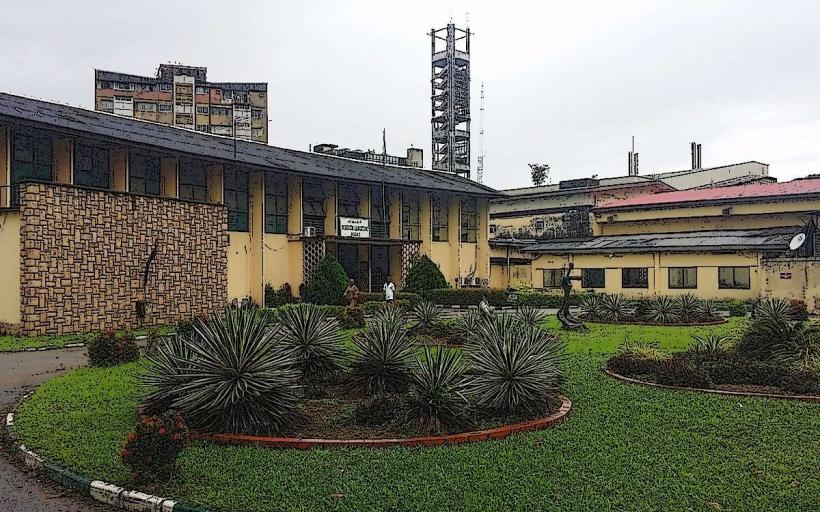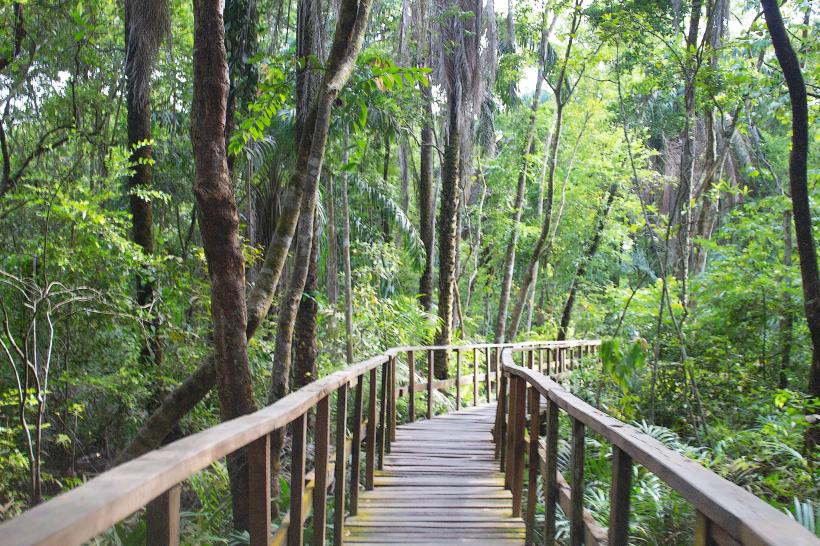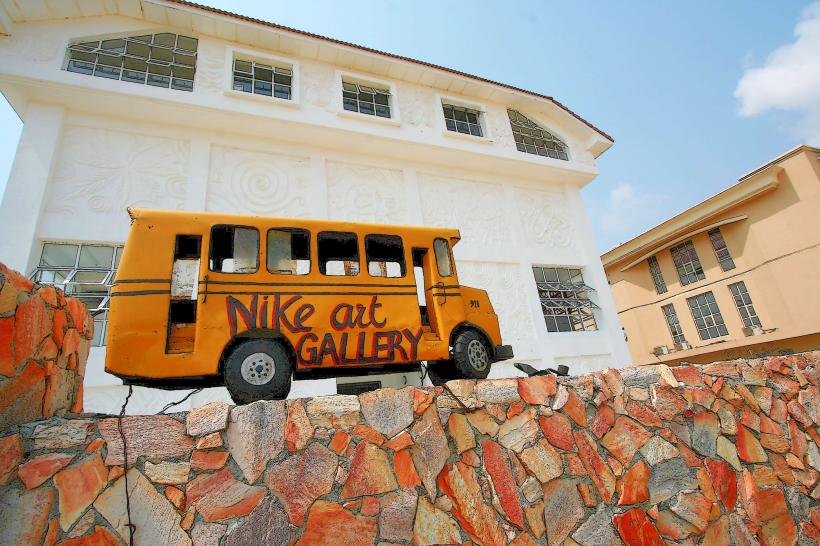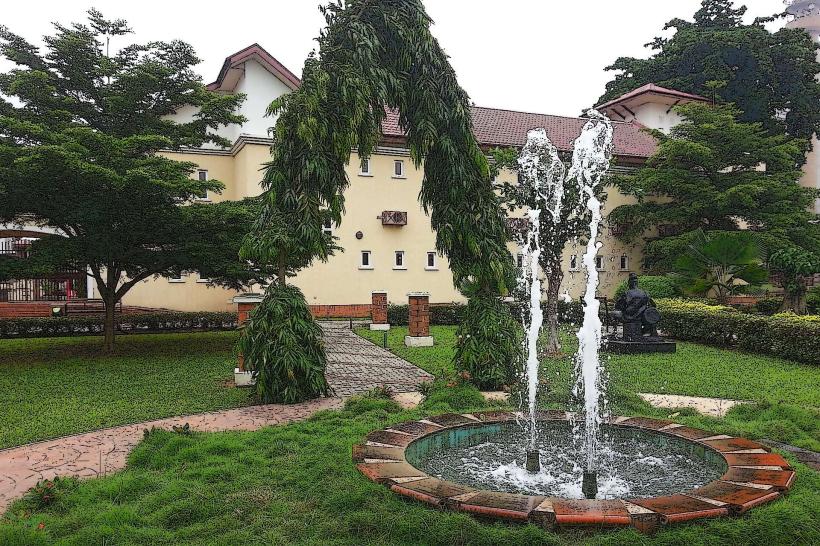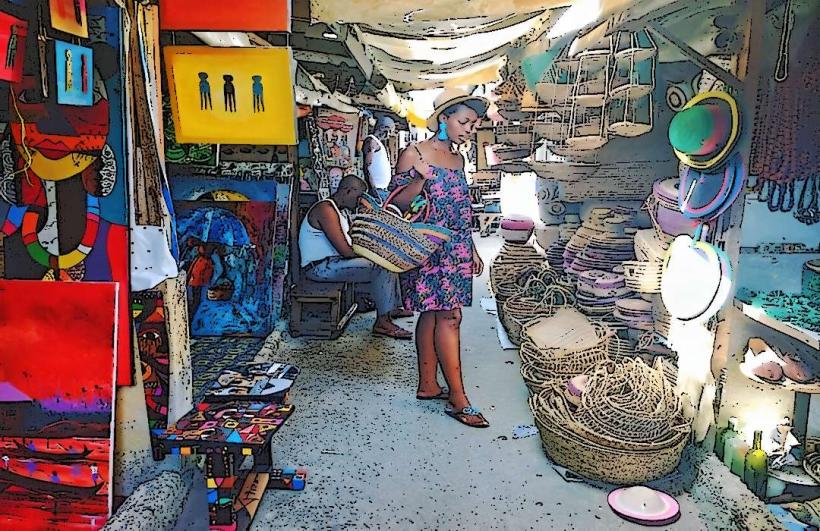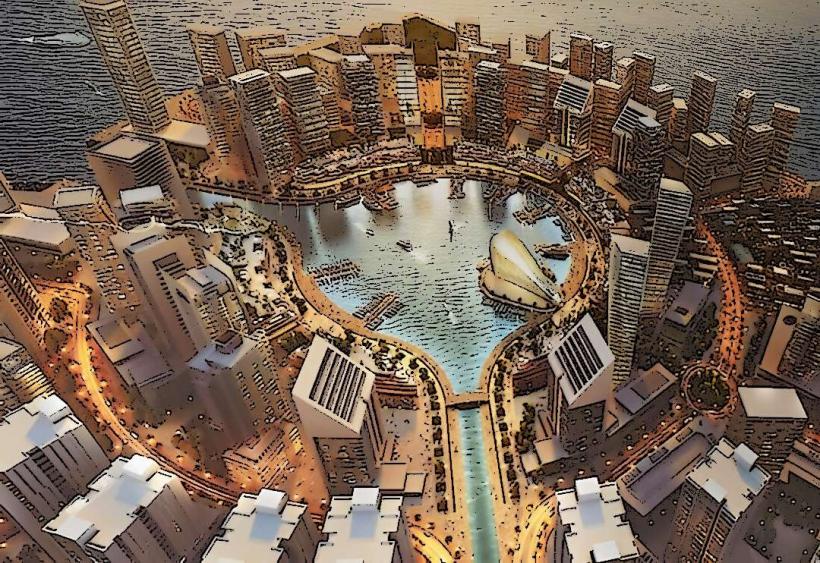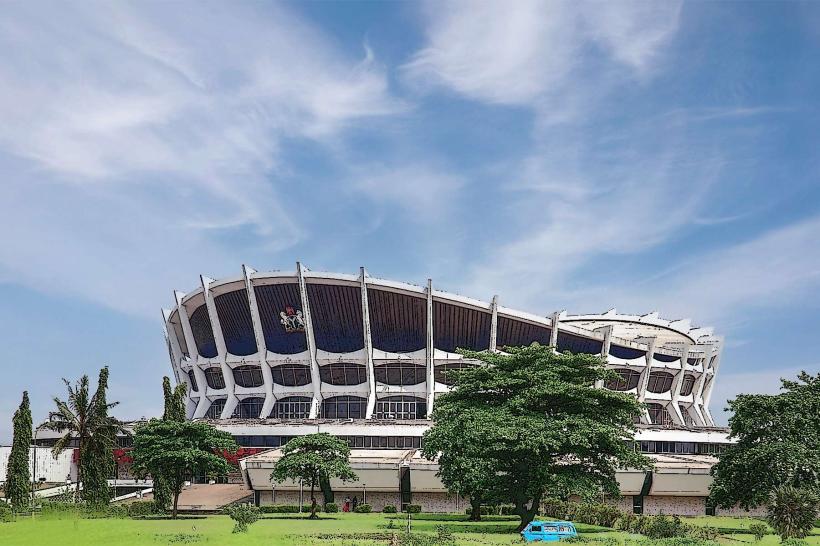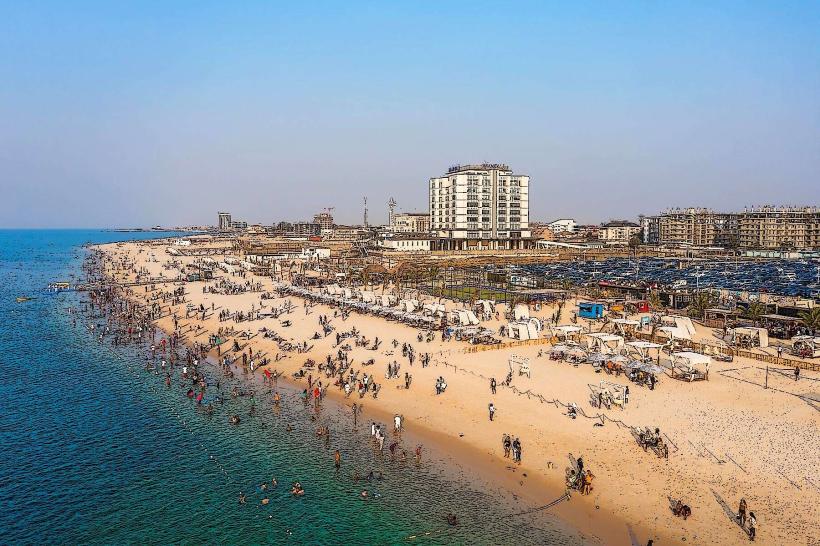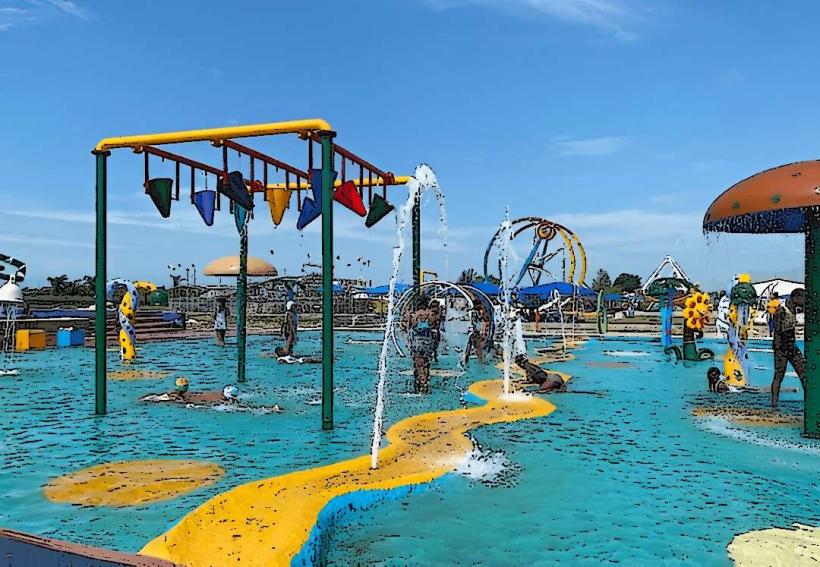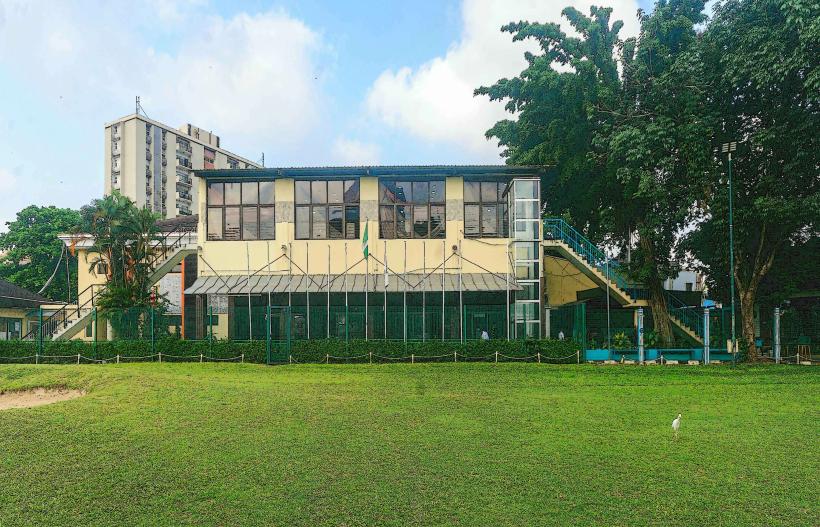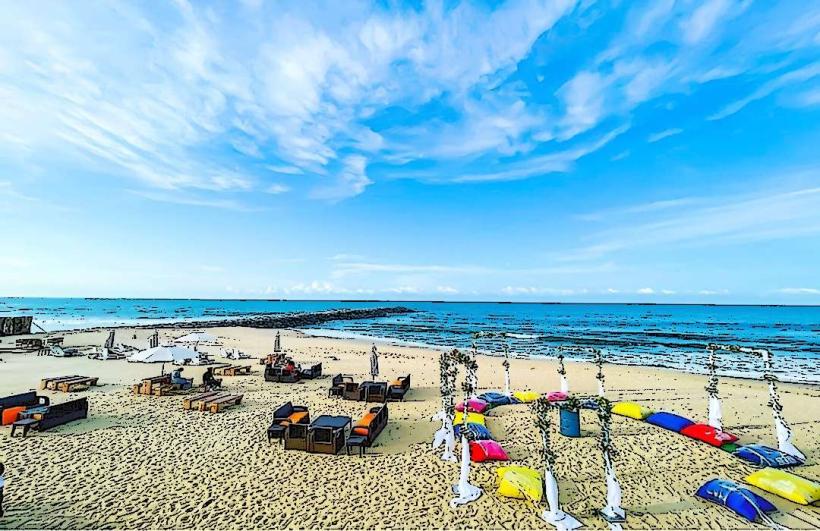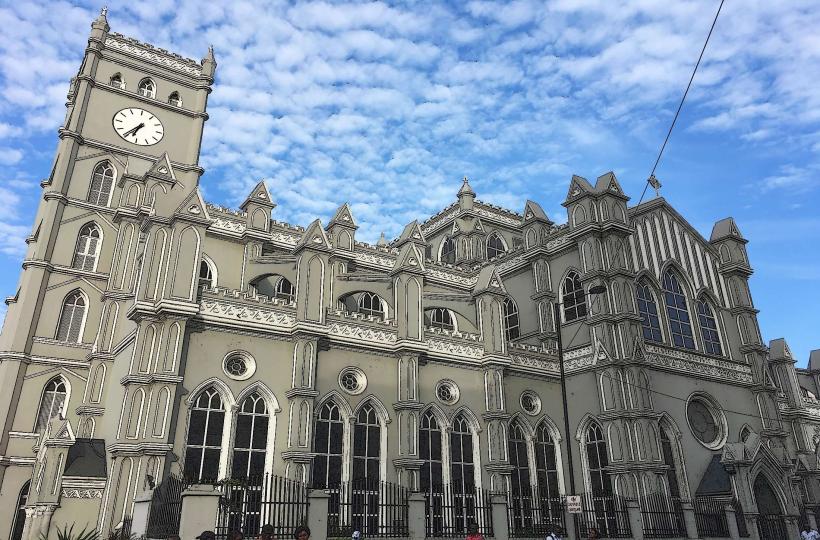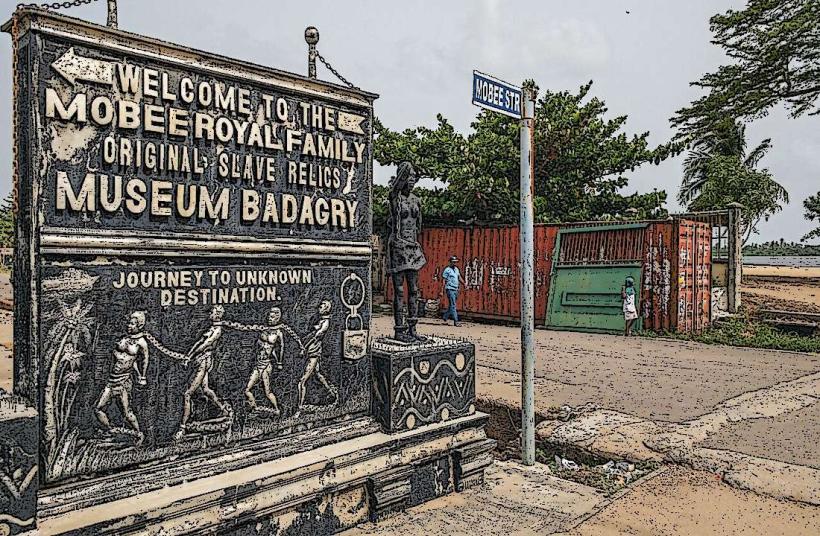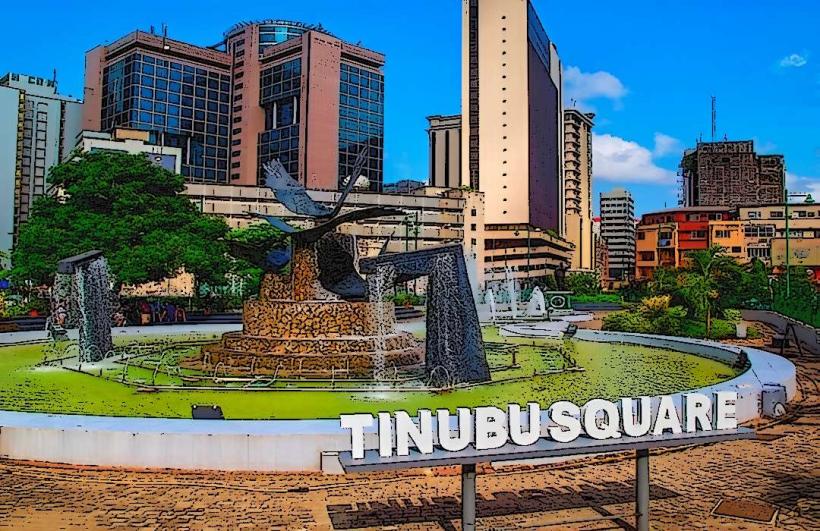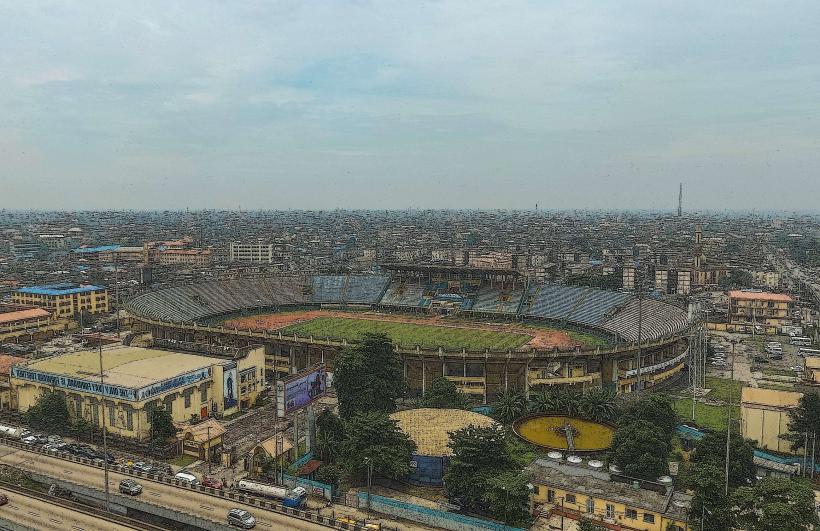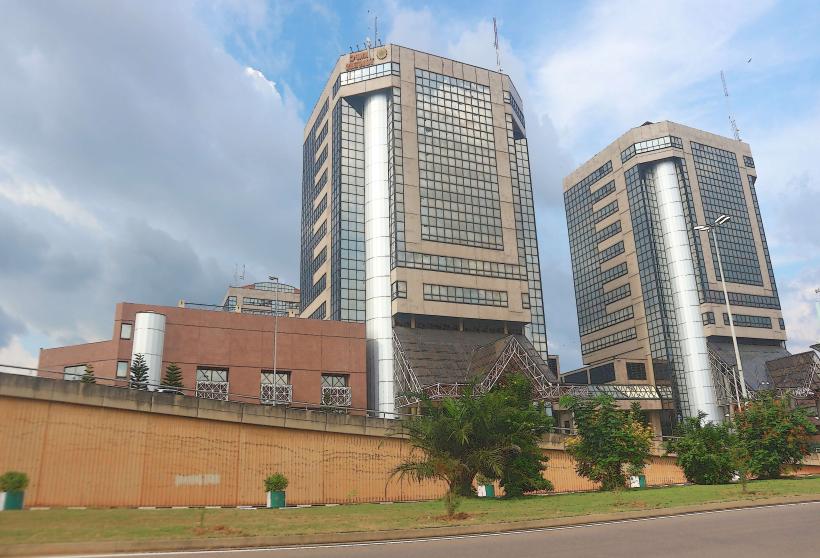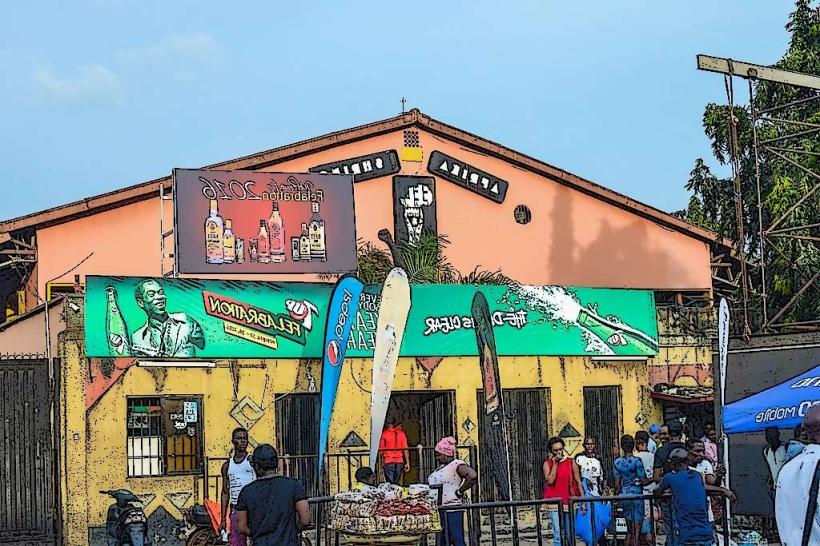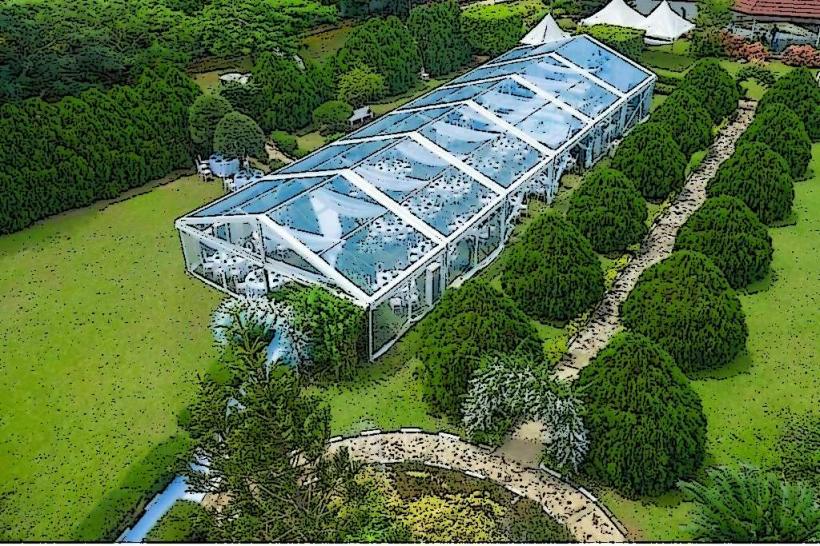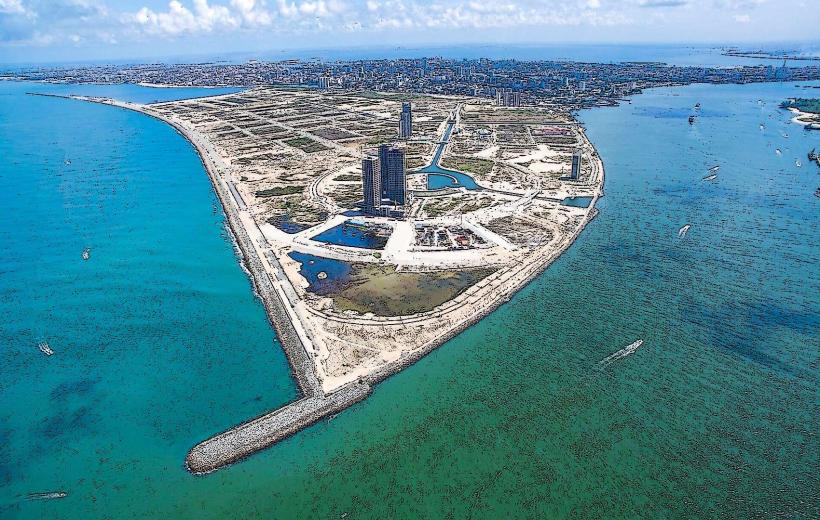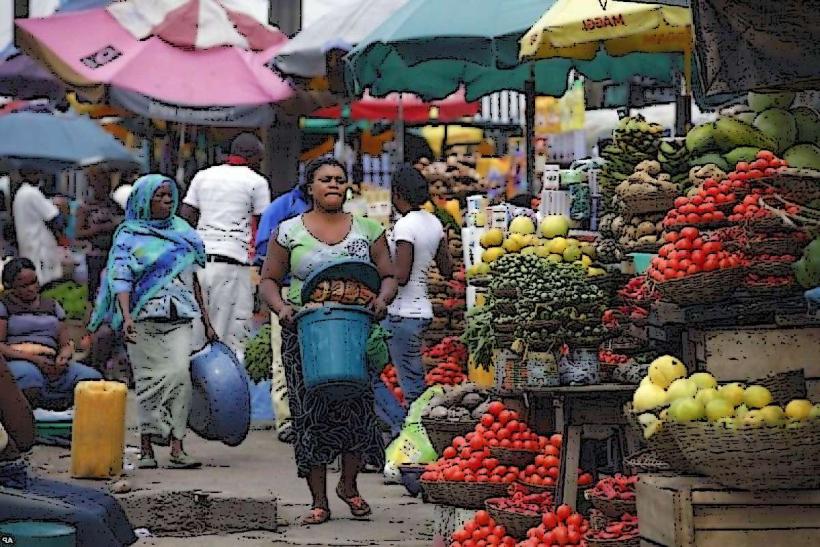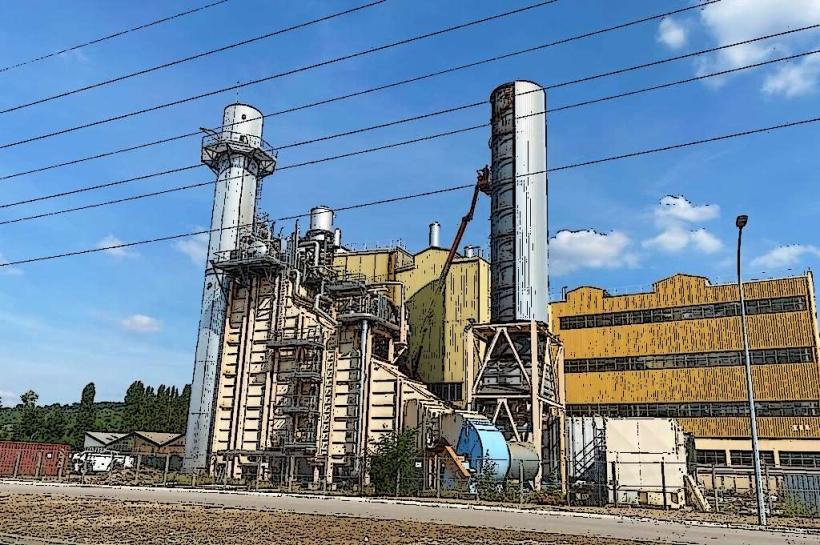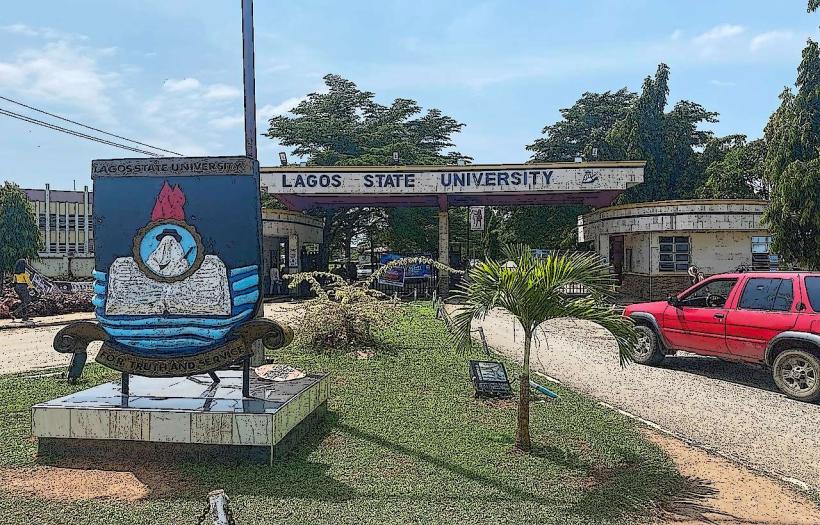Information
Landmark: Lagos LagoonCity: Lagos
Country: Nigeria
Continent: Africa
Lagos Lagoon, Lagos, Nigeria, Africa
The Lagos Lagoon is a large body of water located in the southwestern region of Nigeria, predominantly within Lagos State, and serves as a significant geographical, cultural, and economic feature of the region. It is an important part of the Nigerian coastal ecosystem, stretching along the edge of Lagos, a major commercial and cultural hub in Africa.
Geographic and Physical Overview
Location: The Lagos Lagoon is situated between the Atlantic Ocean to the south and the mainland of Lagos State to the north. It spans several kilometers and is bordered by various islands, such as Lagos Island, Victoria Island, and others. It is part of a network of interconnected water bodies that also includes the Nigerian Coastal Waters.
Size: The lagoon extends over 50 kilometers (31 miles) in length and varies in width between 3 to 13 kilometers (1.9 to 8.1 miles), depending on the location. The depth ranges between 2 to 4 meters, except for certain sections like the Commodore Channel, which has a depth of up to 10 meters.
Water Separation from the Ocean: The lagoon is separated from the Atlantic Ocean by a sand spit, which is between 2 to 5 kilometers wide. This natural barrier creates a coastal environment that features swampy margins along the lagoon side.
Islands within the Lagoon
Several islands are part of the Lagos Lagoon, making it a crucial part of the city's geography:
Lagos Island: The heart of Lagos, this island houses the central business district, including the famous Tinubu Square and National Museum Lagos.
Victoria Island: A bustling commercial and residential area known for its high-end neighborhoods, corporate offices, and international business centers.
Banana Island: A luxurious, artificial island known for its exclusivity and affluence, with lavish homes and private estates.
Makoko: Often referred to as the "Venice of Africa," this water-based community is characterized by homes built on stilts. It is a vibrant neighborhood known for its fishing and local culture.
Economic and Cultural Significance
Transportation: The lagoon has long served as a vital inland waterway for local transportation. Ferries, boats, and barges are commonly used to move people and goods between Lagos Island, Victoria Island, and other areas. The Lagos Waterways Authority manages the routes, and the lagoon has become a significant factor in reducing road traffic congestion.
Fishing: The lagoon has supported the fishing industry for generations, providing a source of livelihood for local communities around the lagoon. It remains a key part of Nigeria's fisheries sector.
Agriculture: Alongside fishing, local farming around the lagoon’s banks has traditionally included crops such as cassava, plantains, and cocoyams. The proximity of the lagoon to farming communities has allowed for a symbiotic relationship between water-based resources and agricultural activities.
Tourism: The scenic beauty of the lagoon, along with views of the Atlantic Ocean, makes it a popular spot for tourism and leisure activities. The various islands, including Victoria Island, Banana Island, and the floating community of Makoko, attract tourists and photographers seeking to capture the unique contrast between modern infrastructure and traditional lifestyles.
Environmental and Social Challenges
While the Lagos Lagoon holds significant economic value, it also faces several environmental and social challenges:
Pollution: Urbanization, industrial activities, and improper waste disposal have led to pollution in the lagoon, severely impacting water quality and marine life. Efforts are being made to address these issues through clean-up initiatives and better waste management practices.
Urbanization: The rapid growth of Lagos has led to increased pressure on the lagoon and surrounding areas. While neighborhoods like Eko Atlantic symbolize modern, sustainable development, other areas, such as Refuge Island, remain underdeveloped, suffering from inadequate infrastructure and basic amenities.
Flooding: The lagoon’s proximity to the coast and the presence of multiple islands make it vulnerable to flooding, especially during heavy rainfall and rising sea levels. The city has been exploring solutions to manage flood risks.
Recent Developments
Eko Atlantic: One of the most ambitious projects in recent years is the Eko Atlantic development, which is being built on land reclaimed from the lagoon. The development aims to create a global financial hub, with residential, commercial, and retail spaces. Eko Atlantic is seen as a major solution to the challenges posed by urbanization and rising sea levels.
Makoko Redevelopment: Efforts are being made to improve living conditions in communities like Makoko, where residents live in water-based homes on stilts. Initiatives have focused on better infrastructure and support for this floating neighborhood.
Conclusion
The Lagos Lagoon is a central feature of the city’s geography, both shaping and being shaped by the dynamic urban and cultural development of Lagos. It has an important role in transportation, fishing, and tourism, as well as being integral to the livelihoods of many coastal and water-based communities. However, it also faces serious environmental and social issues that require concerted efforts for sustainable management and development. The ongoing urbanization and development projects, such as Eko Atlantic, are both challenges and opportunities for the future of the lagoon and its surrounding areas.

